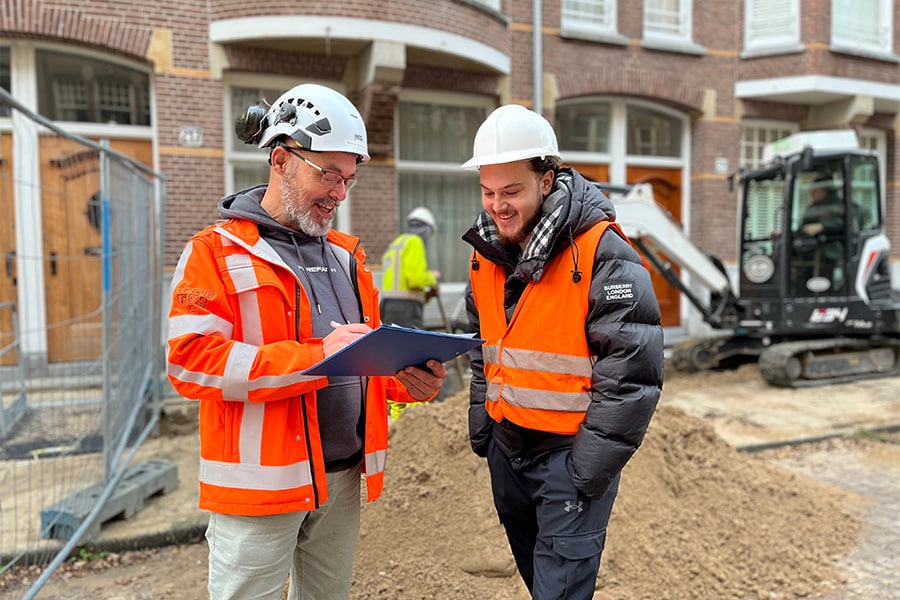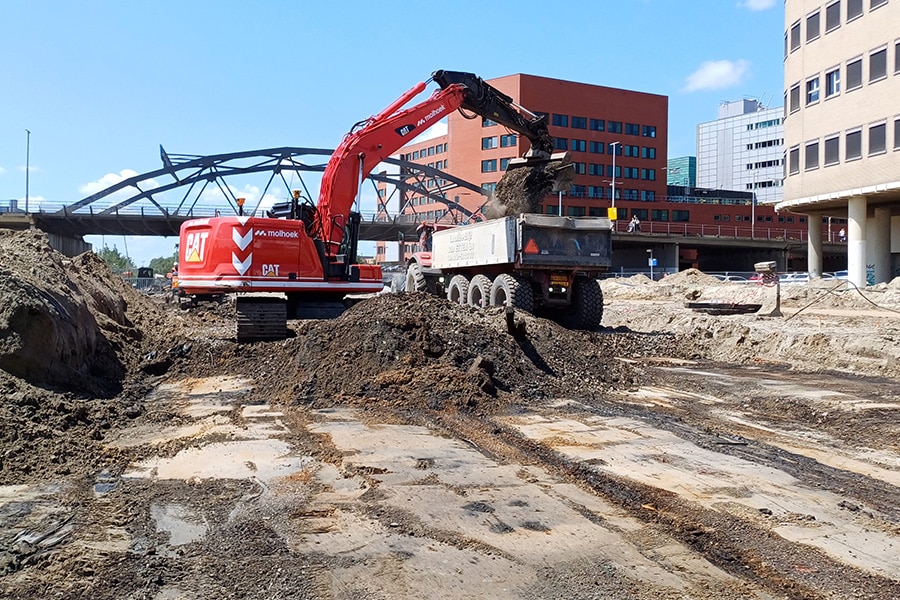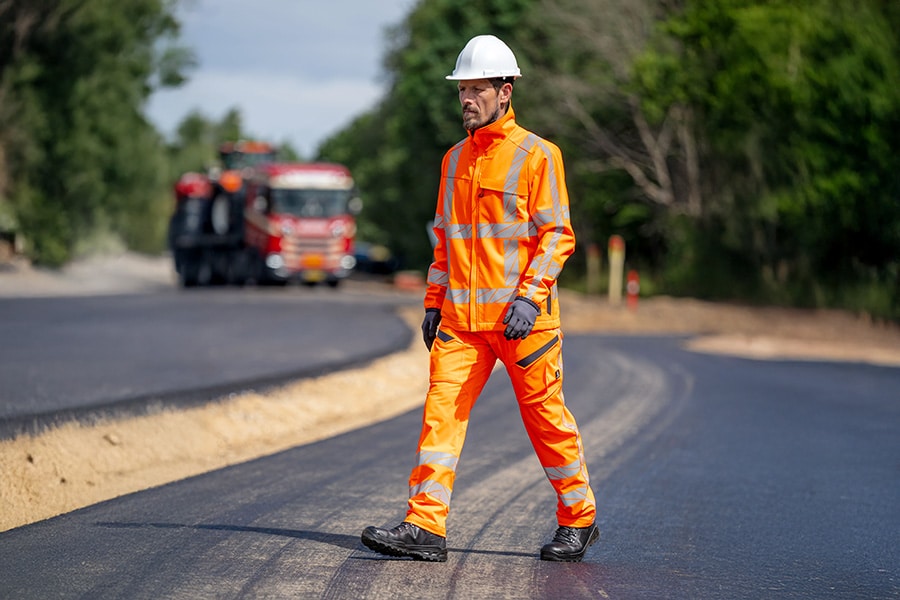
Lawyers for civil engineering
The world of civil engineering and legal customization seem like two separate worlds. The legal expert must review decisions for projects that are far from his mind. He has to empathize with the technical aspects of these projects such as traffic forecasts, tunnel safety, design guidelines, noise levels and the safety calculations for testing dikes. Yet there are lawyers who are actually happy about this.
"Environmental law is complex," knows Liesbeth Schippers, partner at Pels Rijcken and chair of the Space and Environment section. "Big interests, political sensitivities and always those changing regulations. So how do you make a decision that is well-constructed, that stands up to judicial scrutiny, and that is also on schedule? Pels Rijcken has over twenty in-house experts who specialize in this."
Love of engineering
Now it may be suspected that the lawyers in the Space and Environment section do need to be retrained first. They must be explained about dike reinforcements, the construction of offshore wind farms and the construction of roads, railroads and ports. But that turns out to be a misconception. "We have a thing for civil engineering," Schippers emphasizes. "We get hot for it! We have even developed a special way of working for it."
Blind Spot Check. CrashTest. Line Up
With the Blind Spot Check, Pels Rijcken checks at the beginning of the planning process whether matters have been overlooked. With the CrashTest it tests decisions and plan products before they are made public. Thoroughly, quickly and effectively. Finally, De Lijn op orde helps governments and research firms to make well-founded and comprehensible project choices from the outset, so that they can be upheld in court.
Quality assurance
"These products add value to legal processes in civil engineering," Schippers assures. "Partly because of this, the quality of decision-making becomes high. We call that 'Council of State-proof.




